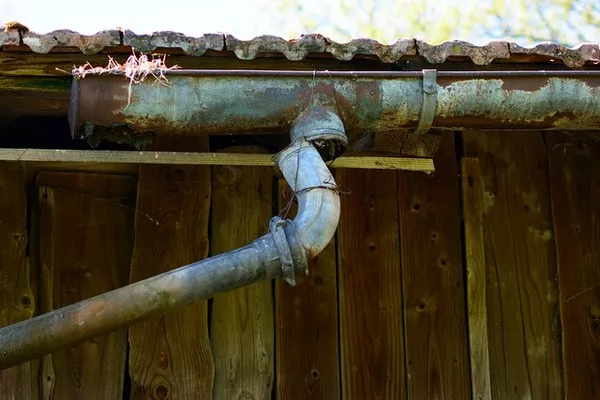Wastewater treatment is a critical component of modern society’s efforts to manage water resources responsibly. While much attention is rightly focused on the purification of water for consumption and industrial use, the treatment of sludge, a byproduct of wastewater treatment, is equally crucial. Sludge, often considered a waste material, contains a complex mixture of organic and inorganic substances that, if left untreated, can pose significant environmental and public health risks. In this article, we delve into the reasons why sludge treatment is not just necessary but imperative for a sustainable and healthy future.
Environmental Impacts:
Untreated sludge contains a plethora of pollutants, including heavy metals, pathogens, and harmful chemicals, which, if released into the environment, can have detrimental effects on ecosystems. When sludge is improperly managed, these contaminants can leach into soil and water, leading to soil degradation and water pollution. The accumulation of heavy metals in soil can disrupt plant growth and contaminate food crops, posing a direct threat to both agricultural productivity and human health.
Furthermore, the release of pathogens from untreated sludge into water bodies can result in the contamination of drinking water sources, leading to the spread of waterborne diseases. This not only endangers human health but also jeopardizes aquatic life, disrupting fragile ecosystems and diminishing biodiversity.
Climate Change Considerations:
In addition to the direct environmental impacts, untreated sludge contributes to greenhouse gas emissions, exacerbating climate change. When sludge undergoes anaerobic decomposition in landfills or lagoons, it generates methane, a potent greenhouse gas with a warming potential much higher than carbon dioxide. By treating sludge through controlled processes, such as anaerobic digestion or incineration, we can capture and utilize the methane produced, mitigating its impact on the climate.
Resource Recovery:
Contrary to its perception as mere waste, sludge is a valuable resource that can be harnessed for beneficial purposes. Through advanced treatment technologies, we can recover valuable components from sludge, such as phosphorus and nitrogen, which are essential for fertilizing crops. This not only reduces the dependence on traditional fertilizers but also helps close the nutrient loop, promoting a circular economy and sustainable agricultural practices.
Additionally, sludge treatment can yield biogas, a renewable energy source, through processes like anaerobic digestion. The captured biogas can be used for power generation or as a clean fuel alternative, contributing to the diversification of energy sources and reducing reliance on fossil fuels.
Regulatory Compliance:
Stringent environmental regulations and standards underscore the necessity of sludge treatment. Governments and regulatory bodies worldwide have recognized the potential risks associated with untreated sludge, prompting the establishment of guidelines for its proper management. Compliance with these regulations not only safeguards the environment and public health but also ensures that industries and municipalities uphold their responsibility in the sustainable management of wastewater and its byproducts.
Public Health and Community Well-being:
The untreated disposal of sludge can pose direct health risks to communities living in proximity to wastewater treatment facilities or disposal sites. Airborne transmission of pathogens, contamination of water sources, and exposure to harmful chemicals can lead to a range of health issues, from respiratory ailments to gastrointestinal infections. By prioritizing sludge treatment, we not only protect the health of local communities but also contribute to the overall well-being of society.
See Also What Causes Sewage Smell
Technological Advancements in Sludge Treatment:
Recent advancements in sludge treatment technologies have made the process more efficient, cost-effective, and environmentally friendly. Innovations such as thermal drying, pyrolysis, and electrochemical treatment offer sustainable alternatives to traditional methods, allowing for better resource recovery and minimizing the environmental footprint of sludge treatment facilities.
Conclusion:
In conclusion, sludge treatment is not just a necessary step in the wastewater management process; it is a vital component of our collective responsibility towards environmental sustainability and public health. By recognizing the potential environmental and climate impacts of untreated sludge, investing in advanced treatment technologies, and adhering to regulatory standards, we can ensure that this byproduct becomes a valuable resource rather than a threat to our planet. As we strive for a more sustainable future, the imperative for effective sludge treatment becomes clear – a step towards cleaner water, healthier ecosystems, and a resilient, sustainable society.

